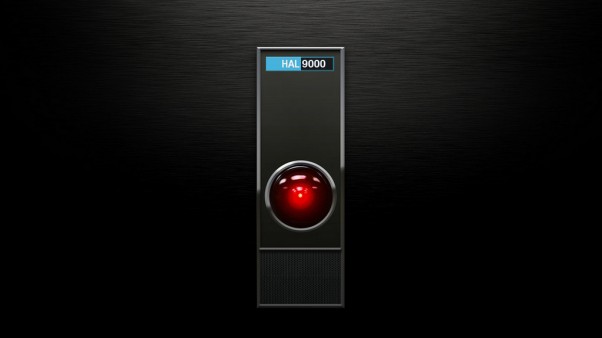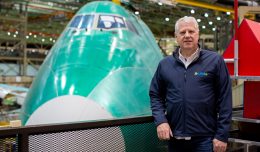The Age of the Computer … Dun, dun, du-u-un! Sounds very Terminator-ish.
I have watched aviation technology’s progression. We are all well aware of the advancements in aircraft systems. Pilots have but to dial in the heading, press a button and the aircraft turns; a mechanic will type in a command and the aircraft tests the systems, spitting out the results. Soon to come, the air traffic computers will lay a digital path of breadcrumbs for the plane to follow. The wave of the future screams by us each day; pilots and mechanics are becoming ‘soft’, surrendering their flying and troubleshooting skills to the computer’s fuel- and time-saving technology.
I was reminded of an original Star Trek episode called: Court Martial. In it the chief witness’ testimony against Captain Kirk is a computer. Not that far from a cockpit voice recorder’s (CVR) and/or a flight data recorder’s (FDR) data being used to find fault. It makes one wonder: if computers will be making critical decisions without so much as an input from the pilot, mechanic or controller, when will the computer be represented in the investigation of an accident or incident.
To be clear, Boeing, Airbus, etc. are not always the sole designers of many of the airliner’s computer systems; programmers from separate manufacturers design the systems to meet the manufacturer’s standards. These computers can do everything short of extending flaps and dropping the gear. But can it respond to any situation; think itself out of any box?
And are there yet-undiscovered glitches that will lead to disaster?
During a major accident investigation, the main participants in the investigation party system are the NTSB, FAA, both the manufacturers of engine and aircraft, air operator and unions (pilots, mechanics, flight attendants). Do we need to introduce a new party to the accident, namely the programmer and hard drive manufacturer? We can’t pretend that the computer didn’t tell the mechanic the aircraft was airworthy. Can we be sure the computer’s engine adjustments were made based on safety and not fuel conservation? And can the pilot respond fast enough to a programming error?
Reminds me of the tagline to 1973’s Westworld, a computer run resort, where nothing can go wrong … go wrong … go wrong …
Stephen Carbone is a former airline mechanic, NTSB major accident investigator and FAA inspector. He is an aviation fiction writer, his first novel Jet Blast concerns his experiences in aircraft accident investigation. Stephen also teaches and writes aviation courses, while continuing to write articles and books. He is on Twitter at @stephenmcarbone. Follow his weekly blog at his website.







